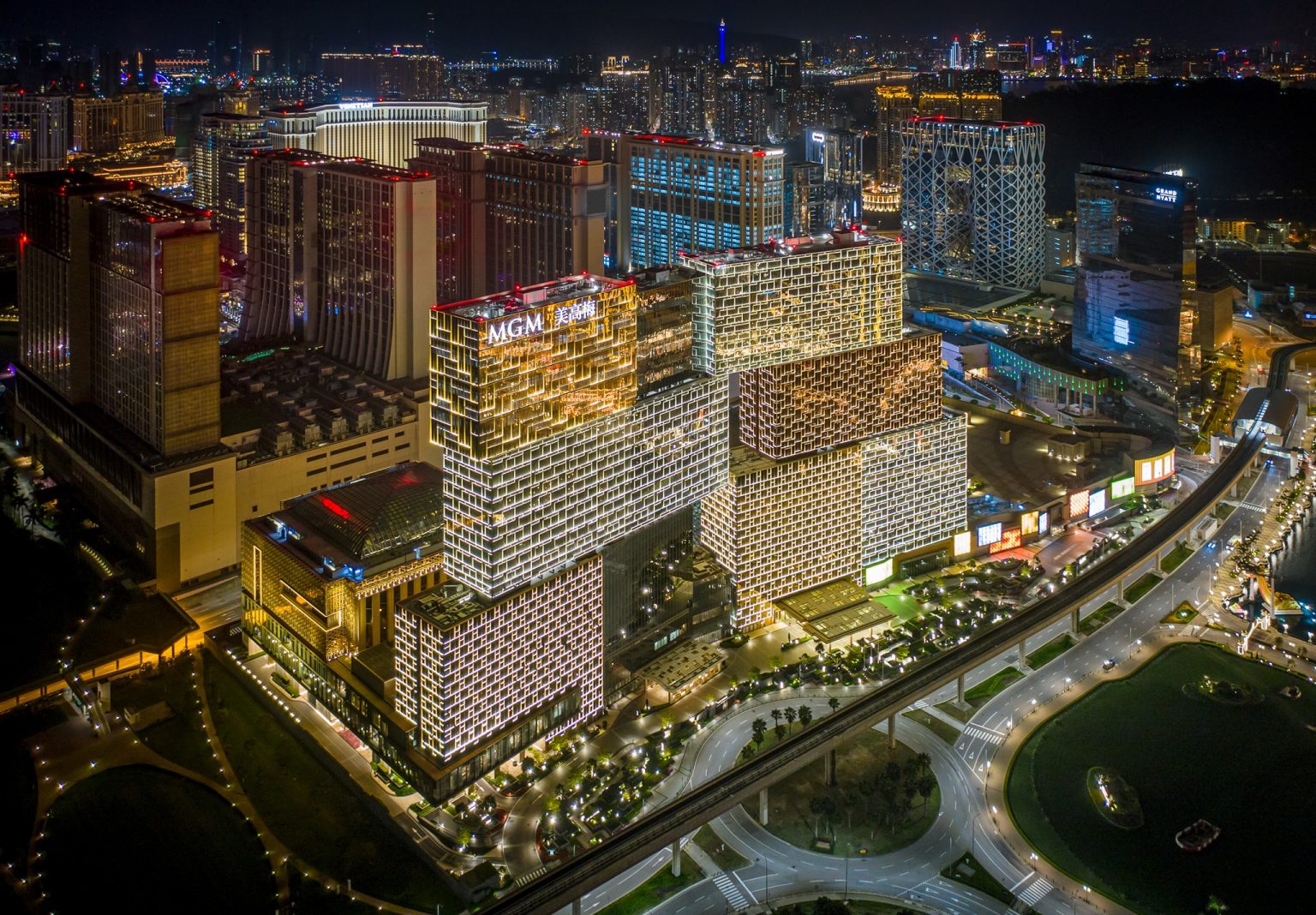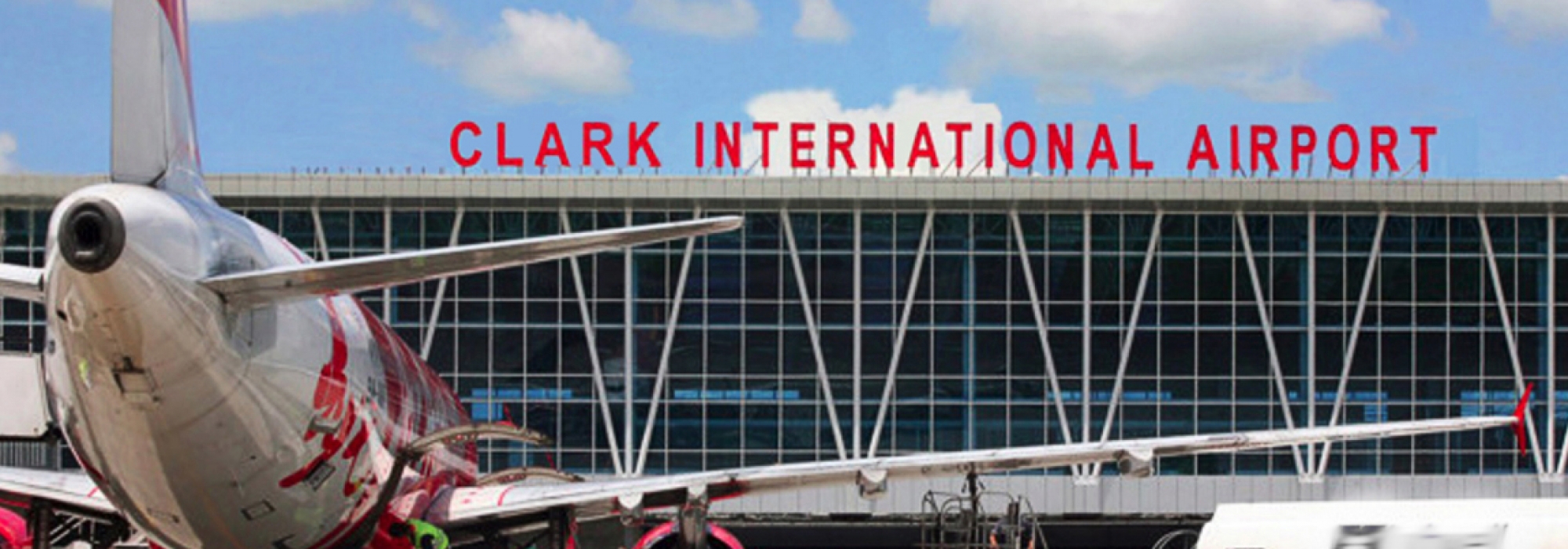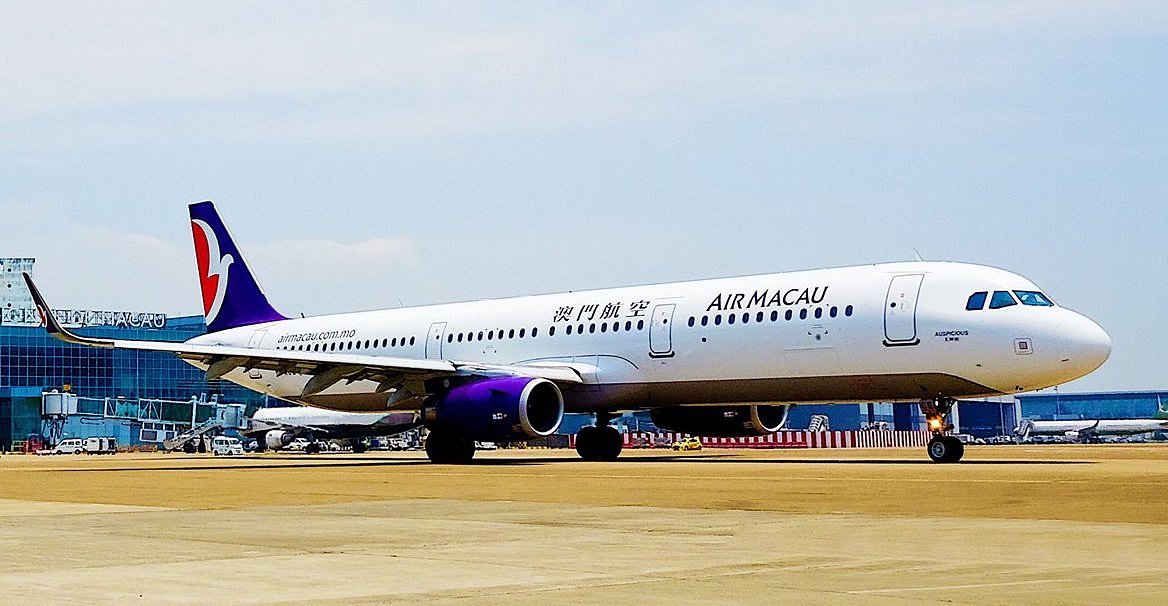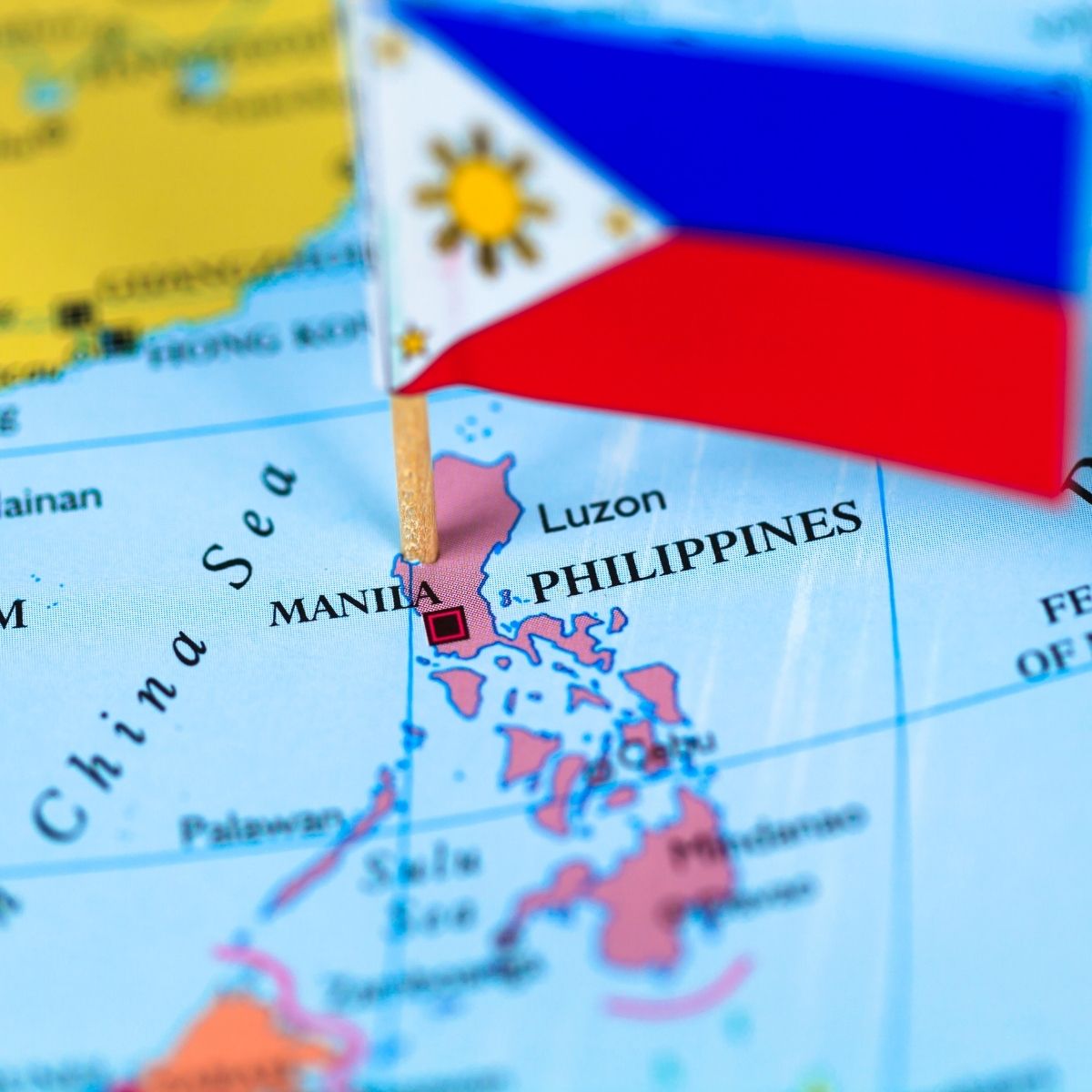
A new city terminal for Hong Kong International Airport is set to open at MGM Cotai on February 4, marking a significant upgrade in cross-border travel convenience between Macau and Hong Kong. The facility will allow eligible passengers to complete key airport processes in Macau before transferring directly to Hong Kong International Airport (HKIA).

The Philippines has outlined a new tax regime for licensed sports betting and virtual sports operators, with sports betting subject to a 15% gross gaming revenue (GGR) levy and virtual sports taxed at a higher 30% of GGR, according to guidance issued by PAGCOR.

Passenger traffic at Clark International Airport reached a record high in 2025, underscoring the airport’s growing role as a key aviation and tourism gateway in the Philippines. The milestone was driven by a strong rebound in international travel, with foreign arrivals rising by around 10% year-on-year, alongside continued growth in domestic traffic.

Air Macau has been granted a 20-year operating license, extending the carrier’s runway well beyond the expiration of its long-standing monopoly period and marking a pivotal transition for Macau’s aviation sector. The decision provides long-term operational certainty for the airline while simultaneously signalling a gradual shift toward a more competitive and liberalised air transport environment.

The Philippines is once again at risk of missing its official GDP growth targets for 2025, highlighting persistent structural and external challenges facing the economy. Despite expectations of post-pandemic momentum, analysts point to softer domestic consumption, slower public infrastructure spending, and lingering global uncertainties as key drags on growth. While the government has maintained an optimistic outlook, recent assessments suggest actual expansion could fall short of targets, extending a pattern seen in previous years.